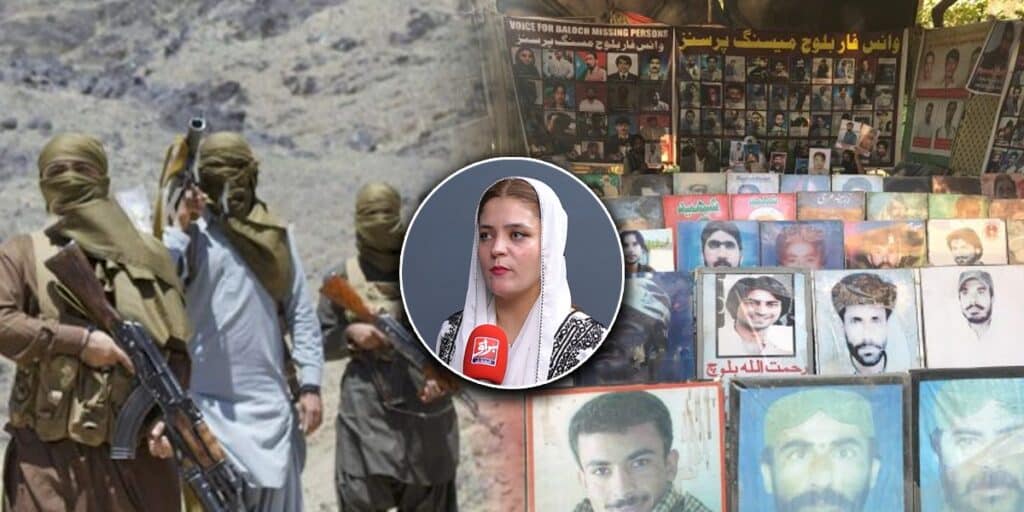By: Tania Bazai
When I analyze the politics and security landscape of Balochistan, one recurring theme demands attention — the issue of missing persons. This has been weaponized as a narrative of victimhood, often exploited at international forums to malign the state of Pakistan. But the reality is that many of those labeled as “forcibly disappeared” were, in fact, active members of the internationally designated terrorist organisation— and this isn’t mere speculation, it’s backed by solid evidence.
Take the case of individuals like Raj Bibi. She sits on the streets holding up pictures of her sons, claiming that the state abducted them. But the truth tells a different story. Her son, Babar Majeed, was killed in Kandahar during an operation alongside notorious commander Aslam Achoo. The group Fitna al-Hindustan (BLA) acknowledged on their media platform that Babar was their operative, sent on a mission, and killed during that operation. So, how can it still be claimed that he was “forcibly disappeared”?
Similarly, Zakir Majeed is repeatedly labelled as missing, yet he too was deeply affiliated with such organisations. Isn’t it a deliberate propaganda effort to blame the state for someone who was a known militant?
What’s more disturbing is how the very people who push these narratives are now living luxurious lives abroad. People like Farzana Majeed, who once sat in protests in Islamabad wearing traditional attire and covering her face, are now seen enjoying life in the U.S. and Europe. Their lifestyle and travel photos clearly show that they are not victims, but part of a well-oiled propaganda machine.
These self-proclaimed representatives of the Baloch cause are, in reality, tarnishing the name of Baloch women and youth. By accepting foreign funding from hostile entities and international NGOs, they have diverted attention from the real issues of Balochistan — education, employment, and healthcare — and instead chosen to sell anti-state rhetoric.
I ask: What have these people done for the poor in Balochistan? Have they built schools, clinics, or helped anyone in need? All we see are banners, press conferences, and online campaigns — nothing on the ground.
Let me be very clear: we will continue to expose these narrative builders. These few voices, who sit abroad and run anti-Pakistan campaigns on social media, are not representatives of the Baloch people. Their links, their funding, and their facilitators are no secret anymore.
Baloch women are dignified, aware, and respectable. They are not suicide bombers, nor are they part of any anti-state agenda. These few who pose as spokespersons for the Baloch are not connected to the people, and we reject and expose them for what they are.





